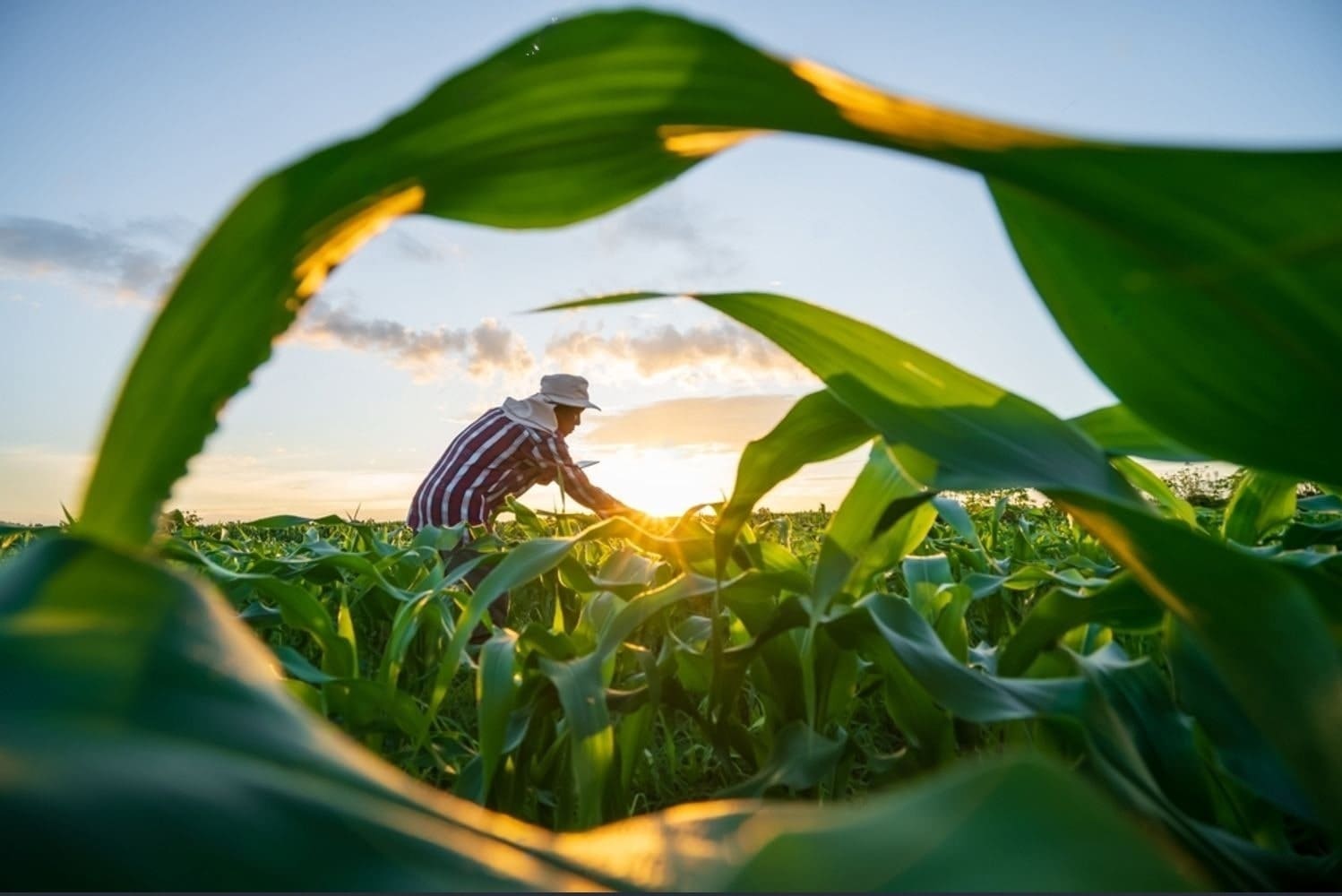
Nurturing Tomorrow with Sustainable Farming
By Admin | August 5, 2024
In an age where environmental challenges threaten the delicate balance of our ecosystems, the need for sustainable farming practices has become more crucial than ever. Agriculture, as the foundation of our civilization, must evolve to ensure it can both meet the demands of a growing population and safeguard the environment. Sustainable farming offers a responsible and forward-thinking approach that not only maximizes yields but fosters a deeper connection between humanity and nature, nurturing the land for future generations
Sustainable farming is the key to balancing productivity and preservation, growing food responsibly while safeguarding the planet’s resources for future generations
At the core of sustainable farming lies a holistic perspective that transcends short-term profits. It embodies a philosophy that seeks to minimize environmental impact, conserve resources, and work in harmony with natural ecosystems. By aligning agricultural practices with the natural world, sustainable farming encourages biodiversity, protects soil health, and ensures long-term productivity, all while securing the livelihoods of farmers
Soil health is the foundation of sustainable agriculture. Healthy soil is rich in nutrients, water, and microorganisms, all vital components for plant growth. Practices such as crop rotation, cover cropping, and reduced tillage are essential tools for maintaining the integrity of the soil. These methods prevent erosion, maintain soil structure, and ensure fertility for years to come. By promoting organic alternatives over synthetic fertilizers, sustainable farming not only feeds the crops but nourishes the very earth that sustains them
Water, one of the planet's most valuable and finite resources, plays a central role in sustainable agriculture. Efficient water management strategies such as drip irrigation, rainwater harvesting, and precision irrigation ensure that crops receive the right amount of water without waste. In areas where water is scarce, shifting away from water-intensive crops is key to preserving this resource. Sustainable farming recognizes water as a lifeline, managing it wisely to ensure future abundance
Another pillar of sustainable farming is reducing the reliance on chemical inputs. Pesticides and herbicides, while effective in the short term, pose long-term threats to the environment and human health. Sustainable farming embraces Integrated Pest Management (IPM), which encourages natural pest predators and disease-resistant crops. Agroecological practices like intercropping create resilient farming systems, where nature provides the defenses, and biodiversity strengthens the ecosystem
Biodiversity, often overlooked in conventional farming, is the bedrock of sustainable agriculture. A diverse ecosystem, rich with plant, animal, and microbial life, enhances crop pollination, improves soil health, and naturally mitigates pest outbreaks. By preserving native plants and creating habitats for wildlife, sustainable farmers create a harmonious balance between agriculture and nature, where each supports the other
Resource management is at the heart of sustainability. From using renewable energy sources like solar or wind to optimizing machinery usage, every action counts. Technologies like precision farming and drone monitoring are making it easier than ever for farmers to manage resources efficiently while minimizing waste. The future of farming is smart and sustainable, where every drop, watt, and effort counts towards reducing the ecological footprint of farming operations
Sustainable farming is also about creating local food systems that strengthen the bond between producers and consumers. By focusing on local markets and reducing long-distance transportation, sustainable farmers support local economies and reduce carbon emissions. It’s not just about growing food; it's about building resilient communities, connecting people to the land and the food it provides
Embracing sustainable farming practices is not merely a choice but a necessity for the preservation of our planet and the well-being of future generations. As stewards of the land, farmers play a crucial role in innovating and adopting methods that are ecologically sound. Sustainable farming ensures food security, rural prosperity, and a greener, more sustainable tomorrow for all
